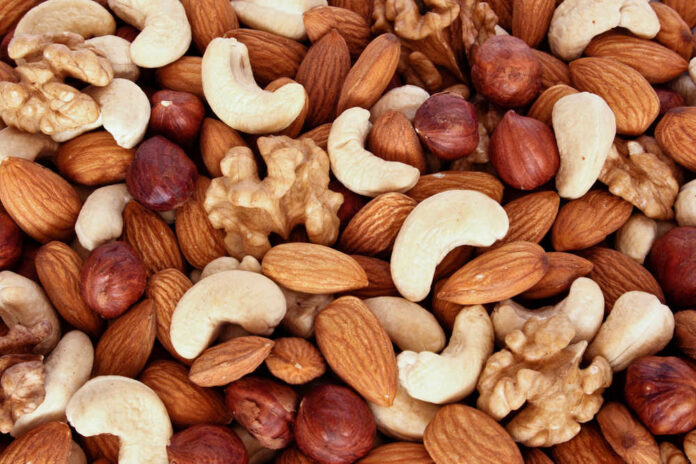
All living cells are made of protein. Plants, animals, fungi, bacteria, viruses—we’re all made of protein.
Proteins give cells and tissues their structure. Proteins serve as enzymes that catalyze (speed up) biochemical reactions. They can be antibodies that fight infection. They also help to transport oxygen and nutrients throughout the body. And these are just a few examples of all the ways that proteins play a role in our bodies.
But how much protein do we need to stay healthy?
What is a Protein?
Proteins are made of amino acids.
Amino acids are molecular compounds that contain both an amino group (-NH2, a nitrogen atom, and two hydrogen atoms) and a carboxyl group (-COOH, a carbon atom with two oxygen atoms and hydrogen). Amino acids also possess an additional R-group, a side chain of atoms that varies from one amino acid to another.
Twenty different amino acids can be used to make a protein. Of these 20 amino acids, nine are considered essential because our bodies cannot make them, so we must get them from our diet.
These 20 different amino acids are strung together in long chains (hundreds or even thousands of them) to form proteins.
Where Do We Get Protein From?
You consume proteins whenever you eat anything made of cells—things that were alive or came from something living.
This includes all animal products (meat, fish, dairy, eggs), as well as mushrooms, yeast, and plant-based foods such as fruit, vegetables, grains, beans, and nuts.
However, not all of these foods are high in protein. Foods that are considered high in protein include:
- Greek Yogurt
- Beef
- Cheese
- Lentils
- Beans
- Milk
- Chicken
- Fish
- Peanut butter
- Hummus
- Tofu
- Egg
How Much Protein Do You Need?
Dietary guidelines generally recommend at least 0.36 grams of protein per pound of body weight. For more straightforward math, that means: dividing your weight (in pounds) by 3, and that’s how many grams of protein you need daily.
But that is just the minimum needed to prevent deficiency. If you live an active lifestyle, you will need more. And if you are trying to build muscles, you’ll want to get closer to 0.7 grams of protein per pound of body weight.
Do I Really Need To Worry About My Protein Intake?
Protein deficiencies are very rare in the United States and pretty much only occur in cases of starvation and severe malnourishment.
Although some people claim that vegetarians and vegans don’t get enough protein or need to be extra careful about getting enough protein, this is simply not true.
As long as you eat a varied diet and get enough calories, you will almost certainly be getting more than enough protein, even if you don’t eat meat. There is no evidence that people who eat vegetarian or vegan diets are deficient in protein.
If you are eating a normal amount of food, you probably don’t need to worry about counting grams or ensuring you are getting a certain amount every day. Just eat various healthy foods, and let your body do the rest.






















